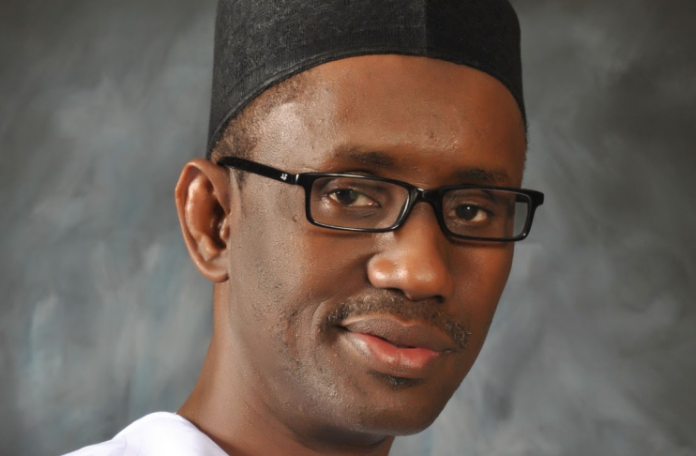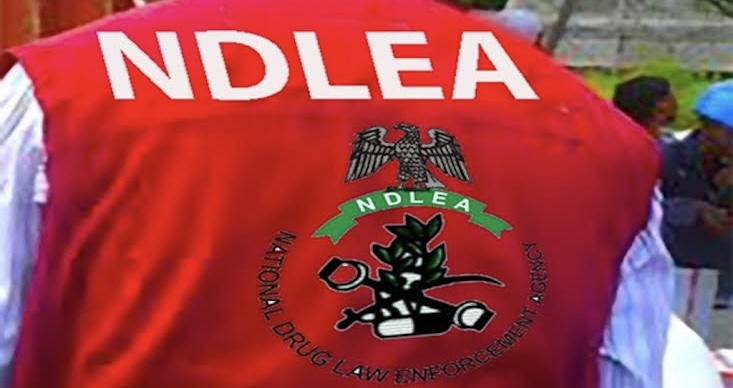Gwoza Suicide Bombing and other Security Threats
By Mukhtar Ya’u Madobi
The recent suicide bombings in Gwoza town, Borno State, has tragically escalated the security challenges faced by Nigeria, especially in the Northeast region, plagued by the Boko Haram and Islamic State of West African Province, ISWAP, insurgency.
The attacks have not only resulted in numerous casualties but have also reignited fears of further violence by extremist groups such as Boko Haram that capitalize on innocent individuals who are brainwashed and deployed to execute suicide bomb attacks under the pretext of ‘holy war.’
Presently, these unfortunate developments have sparked tensions among the citizens that these dare-devil insurgents might be on the verge of reverting to their old tactics of using suicide bombers to execute their heinous attacks.
It is even more terrifying that some parents are now even more afraid that these insurgents could also continue invading schools and subsequently abduct students, especially females, as how it happened with Chibok, Dapchi and Jangebe girls in Borno, Yobe and Zamfara States respectively.
Several other schools in northern Nigeria have also been raided by bandits in which mass students were abducted. Notable among them are Government Science Secondary School Kankara, Katsina State, and Government Science College, Kagara in Niger State. Bandits have also stormed and kidnapped students from tertiary institutions in Nigeria. Examples are the Federal College of Forestry Mechanization, Afaka and Greenfield University, both in Kaduna state with the recent ones being Federal University Gusau in Zamfara State and Confluence University of Science and Technology (CUSTECH) in Osara, Kogi State.
It is against this background that parents of students at Federal Government Girls’ College (FGC), Potiskum, in Yobe State, recently urged the National Security Adviser (NSA), Mallam Nuhu Ribadu, to intervene in a power supply dispute that has left the school in darkness for months.
The school, which has been hosting students from Federal Government College (FGC), Buni-Yadi, since 2014, following a devastating Boko Haran terrorist attack, is now plagued by darkness, raising concerns about the safety of the students.
The parents, who spoke anonymously to PRNigeria, fear that the power outage could make the school vulnerable to terrorist attacks, which have ravaged the region in the past and the resurgence of suicide bombings.
Meanwhile, the parents’ concerns are not unfounded, given the history of terrorist attacks in the region. It can be recalled how in 2014, a terrorist attack on Federal Government College, Buni-Yadi, resulted in the deaths of 59 students and the subsequent destruction of 24 buildings.
Therefore, these threats must be addressed with the kind of urgency and determination they deserve. Office of the National Security Adviser (ONSA) and other relevant security agencies, must take decisive steps to enhance security measures across the nation, particularly in vulnerable areas, especially educational institutions.
It is not surprising that the Centre for Crisis Communication (CCC) in its monthly Media interface identified and highlighted potentially volatile developments, including the ongoing minimum wage dispute between organised labour and the Federal Government, the political feud in Rivers State, the Emirship tussle in Kano and similar scenarios in other states, all of which could escalate into serious conflicts.
One of the most alarming trends in recent years has been the targeting of schools by insurgents. These attacks have led to the abduction of students, causing immense trauma and disruption to communities. It is unacceptable that our educational institutions, which should be safe havens for learning, have become battlegrounds.
The United Nations International Children’s Emergency Fund (UNICEF) has earlier raised an alarm saying that more than 1 million school children across more than 37 schools in Nigeria are afraid of returning to school. This was a result of insecurity in the country, especially abductions that had taken place in some schools across the country.
Reports indicate that Nigeria has the highest number of out-of-school children in the world. For every five children that are not attending school globally, one of them is Nigerian. This is mostly attributed to the danger being faced by the students in their school from the anti-educational forces.
Notwithstanding, enhanced coordination between states and federal government will surely improve the response to banditry and general insecurity. Part of this strategy should involve the use of early warning and early response systems involving the federal government, state governments, local vigilantes and community leaders.
It is gratifying that there has been concerted efforts by the federal government through the Nigerian Security and Civil Defence Corps (NSCDC) in implementing
‘The Safe School Initiative’ aimed at rebuilding, rehabilitating and restoring normalcy in the education sector. The program was launched in May 2014 in Abuja during the World Economic Forum on Africa (WEFA) following the abduction of more than 270 Chibok girls students in Borno state.
Furthermore, the program aimed to build community security groups to promote safe zones for education, consisting of teachers, parents, police, community leaders and young people. It also focuses on bolstering the safety of schools, by providing school guards and police in partnership with Nigerian authorities such as NSCDC, training staff as school safety officers, and providing counselors to schools at risk of attack.
Presently, it is heartwarming that the NSCDC has already commissioned an all-female squad mandated to safeguard schools from any harm by either bandits or kidnappers. This is part of its efforts to promote the Safe School Initiative and provide full-proof security for schools as directed by the federal government.
To counter this threat effectively, there must be a comprehensive strategy that involves the participation of the military, intelligence communities, responders and other stakeholders in the security sector.
There is a need for continuous implementation of robust security measures in and around schools to deter and respond swiftly to any security breaches.
Fostering collaboration between communities, local authorities, and security forces to gather intelligence and prevent attacks is also crucial.
Similarly, providing adequate support and counseling services to students, teachers, and families affected by previous attacks, ensuring their well-being and resilience. Additionally, more efforts should be channeled towards allocating resources effectively to areas most at risk, prioritizing early warning systems and rapid response capabilities.
In a nutshell, the recent events in Gwoza should serve as a stark reminder of the persistent threat posed by insurgents in Nigeria. Immediate action is needed to protect lives, secure communities, and safeguard our future generations. The federal government, in collaboration with all stakeholders, must prioritize the security of schools and take proactive measures to prevent further tragedies.
In the long run, the government’s commitment to securing the lives and properties of citizens must be matched with accountability, ensuring that security agencies are adequately equipped, trained, and motivated to confront emerging threats head-on.
Mukhtar Ya’u Madobi, an NDA research student, is the author of “National Security Strategies: A Young Writer’s Perspective.” Email: ymukhtar944@gmail.com
.



